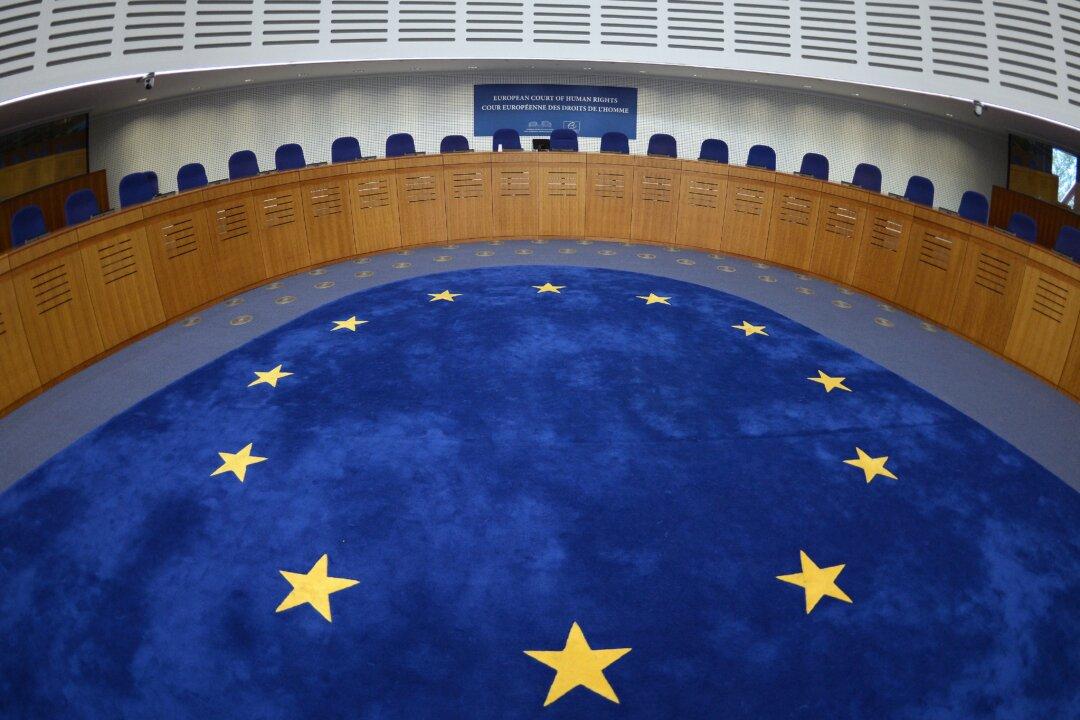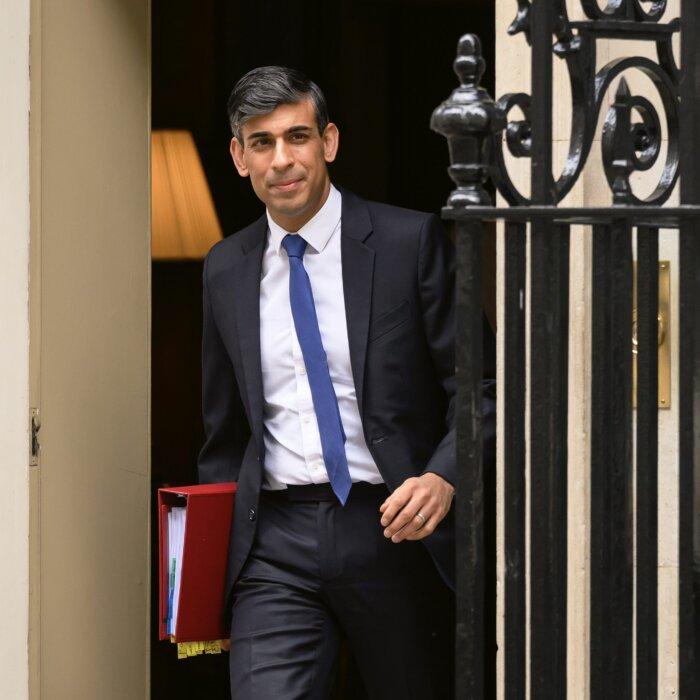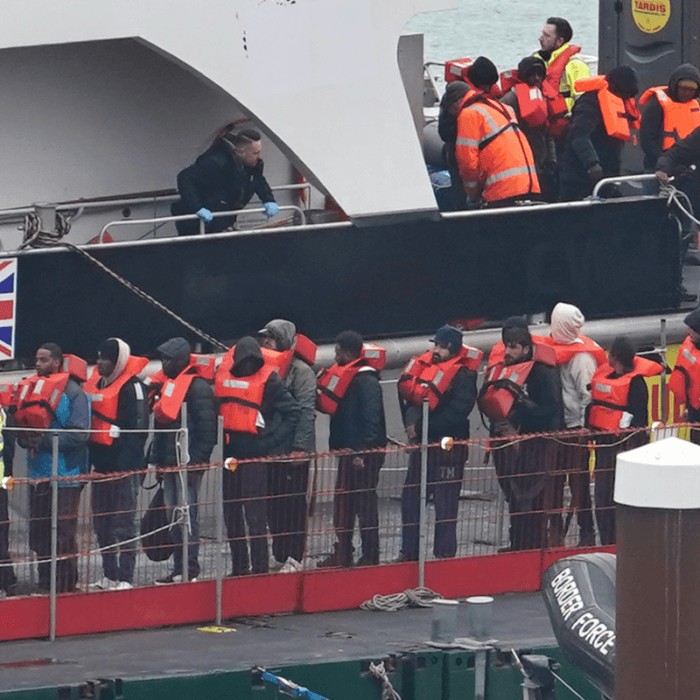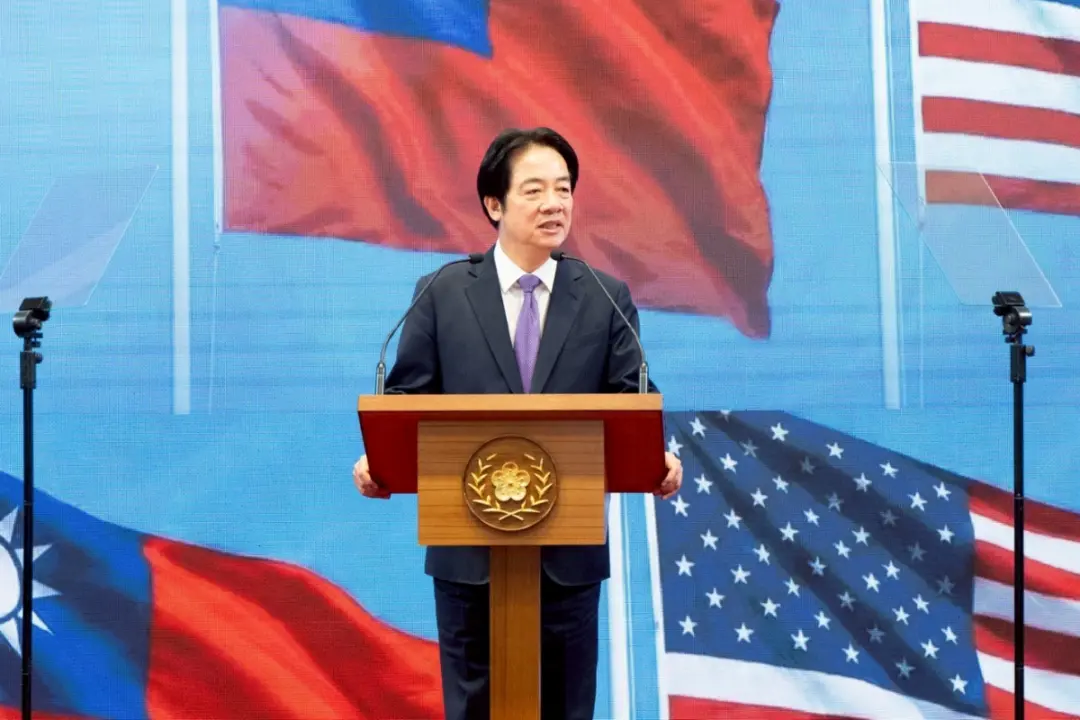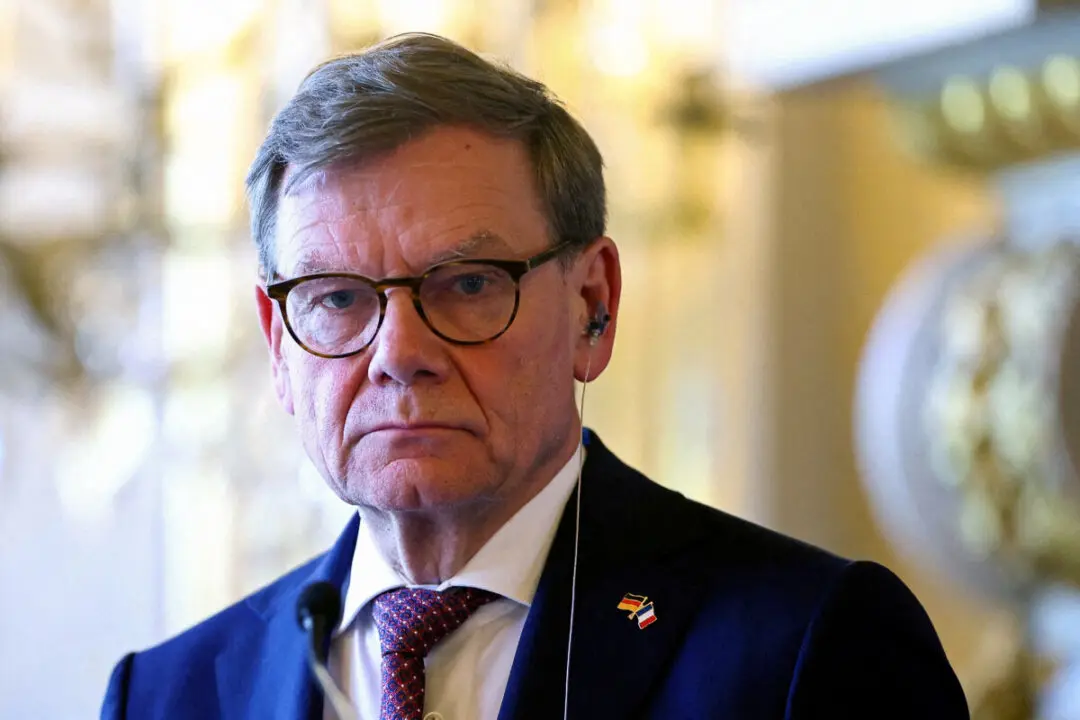The European Court of Human Rights (ECHR) has amended a rule that would make it harder for illegal immigrants to try and stop their deportations.
On Thursday, the ECHR announced that it had amended Rule 39 of the Rules of Court to say that interim measures are applicable in cases where there is an “imminent risk” of “irreparable harm” to a right under the European Convention on Human Rights.
The ECHR said that Rule 39 had been amended “with a view to clarifying the circumstances in which interim measures may be indicated by the Court and the threshold to be reached for such measures to be requested and granted.”
The European Court rule now makes “explicit reference” to the fact that judges should only impose interim measures in cases where there is “an imminent risk of irreparable harm to a Convention right.”
Stopping Illegal Immigration
The new guidance in Rule 39 could help prevent last-minute challenges to the UK government sending illegal immigrants to Rwanda.In April 2022, the UK agreed to a scheme with Rwanda that would have seen illegal immigrants sent to Kigali.
The UK’s Supreme Court then ruled that the Rwanda plans were unlawful, prompting Prime Minister Rishi Sunak to introduce the Safety of Rwanda (Asylum and Immigration) Bill, which would compel UK judges to regard the east African country as safe, preventing further legal challenges.
UN Calls on UK to Scrap Rwanda Bill
The ECHR amendment comes as the negotiations between the Commons and the Lords over the Rwanda bill go on hold until after Parliament’s Easter recess, which ends on April 15.On Thursday, the United Nations Human Rights Committee (UNHRC) called on Mr. Sunak to drop the legislation and repeal any other measures already in place.
The human rights watchdog said it was “deeply concerned about the introduction of legislative initiatives containing elements that discriminate against migrants and that seek to limit access to rights for asylum seekers, refugees and migrants,” such as the Illegal Migration Act 2023.
They said the Illegal Migration Act “effectively amount[s] to an ‘asylum ban’” because it stops illegal immigrants who travelled through several safe countries where they did not face persecution from claiming asylum and being able to stay in the UK.”
The U.N. body, which monitors countries’ compliance with the International Covenant on Civil and Political Rights, also said it “regrets” the Rwanda plan and the government’s efforts to pass the bill, “despite the ruling of the UK Supreme Court that the arrangement would not be compliant with international law.”
‘Pyjama Injunctions’
The Rule 39 amendments came into force on March 28 after the Plenary Court had formally amended them on Feb. 23.Council of Europe member states set up the ECHR in Strasbourg, France, in 1959 to deal with alleged violations of the European Convention on Human Rights.
While the Council of Europe is not a European Union body, all EU member states are part of the European Convention on Human Rights, as well as other European nations not in the EU, such as Turkey, Ukraine, and Serbia. The UK, which left the EU on Jan. 31, 2020, is also part of the convention.
